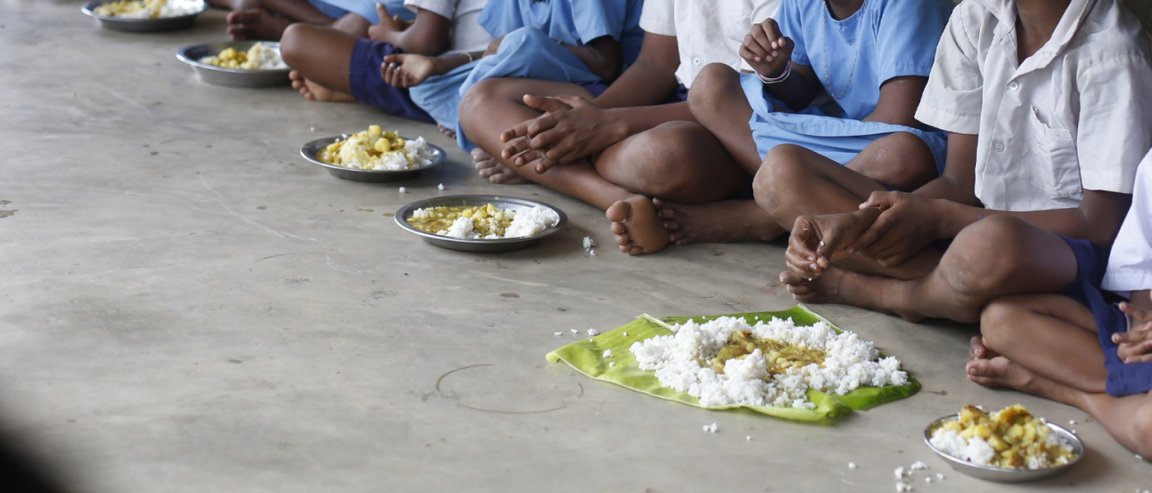
A Different Way to Help
is making headlines everywhere — from the trading markets to even the arena of universal basic income. Now, this super secure, decentralized digital network can also help feed the world. In a project using the Ethereum blockchain, the World Food Programme (WFP) is changing its approach to feeding the hungry. Instead of just giving food, the WFP has opened up a cash assistance program Building Blocks.
“Blockchain can revolutionize the way WFP delivers assistance to vulnerable families across the globe. It can bring us closer to the people we serve and allow us to respond much faster,” said Farman Ali, from the WFP Karachi provincial office in a WFP press release.

A first phase of Building Blocks was tested in Pakistan in January, 2017. Now, with the lessons of this first foray into Ethereum blockchain, which is a global blockchain network that many businesses utilize, the WFP is getting ready to implement a full-scale program. Building Blocks is being implemented as part of WFP’s Innovation Accelerator.
Securing Welfare and Aid
The WFP’s move to adapt Ethereum was part of an effort that explored better, cheaper, and less risky means to deliver cash-based transfers. It had to be secure and fast at the same time. Blockchain, being the decentralized digital ledger that it is, seemed to be the most viable option. It offers a level of transparency, coupled with -based security, that makes it ideal for monitoring transactions.

This transparency and security eliminated the fear of potential misappropriation of funding or tampering with transactions. The WFP reported that as it launched Building Block’s first stage, vulnerable families in Pakastain were able to receive food and cash assistance that WFP personnel were able to authenticate and record with a smartphone using the Ethereum blockchain. The WFP was immediately able to track and verify the way families used these funds.
Blockchain has the potential to revolutionize humanitarian assistance, especially in some of the world’s most undeveloped environments. When disaster strikes areas where people do not have access to financial infrastructures, humanitarian organizations could utilize blockchain as a way of disseminating cash assistance. Alexi Lane, CEO of Ethereum-based application Everex Wallet, noted in an interview that this method of sending aid will also help disater relief efforts insure transparency.
“Ethereum can provide cost efficient and transparent solutions to replace bank accounts and to serve the un(der)banked population,” Lane said.